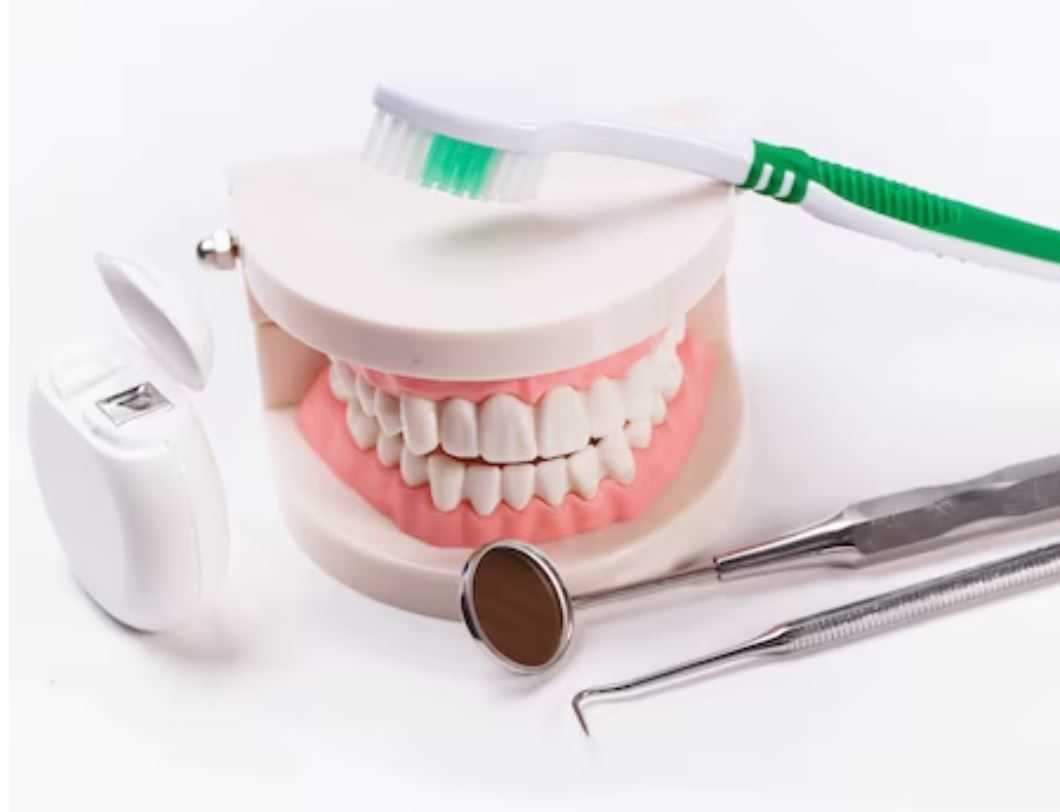Every year, homeowners around the country build accessory dwelling units (ADUs) on their properties without obtaining all the necessary permits. While some might do so knowingly, others might believe that their project is small enough to fly under the radar. The truth is, unpermitted ADUs are more common than you might think, and many of them are high-quality, long-lasting, and affordable living spaces for people who are struggling to find housing. So, why not legalize unpermitted ADUs?
1. Affordable Housing
As the US housing crisis continues to deepen, more and more advocates are looking for ways to increase access to affordable housing. Unpermitted ADUs, despite their illegality, are a great option for people who need somewhere to live. By legalizing them, cities could open up a new source of affordable housing. Moreover, creating a path to legalization allows existing unpermitted units to become better financed and insured, providing a safer and more secure home to people who may not have had access to such amenities.
2. Streamline the Permitting Process
The current permitting process for ADUs can be complicated, expensive, and time-consuming. For many homeowners, the endeavor can be frustrating and most of them end up foregoing permits altogether. Legalizing unpermitted ADUs means that homeowners can better access the benefits that permits offer – including legal and insurance protections and increased property value. At the same time, this could encourage cities to streamline the permitting process, making it easier and cheaper for homeowners to build quality, regulated ADUs.
3. Generate Revenue
While legalizing unpermitted ADUs is a humanitarian move, it’s also sensible in terms of revenues. Cities across the US are grappling with budget shortfalls, and legalizing unpermitted ADUs could be a significant revenue stream. By charging a fee or property tax for conversion, a city could transform a previously untaxed structure into something generating revenue for the municipality. Moreover, as many ADUs are rented out, they also yield a significant amount of sales tax revenue, making them good sources of sustainable income, long term.
4. Encourage Sustainability
When people are able to build ADUs, many start to think about ways to make their ADU eco-friendly, with sustainable features like solar panels, rain barrels, and energy-efficient lighting. These features often come without a need for large upfront costs, but can greatly offset energy bills in the long run. By legalizing unpermitted ADUs, cities could promote more environmentally friendly behaviors amongst their populations.











